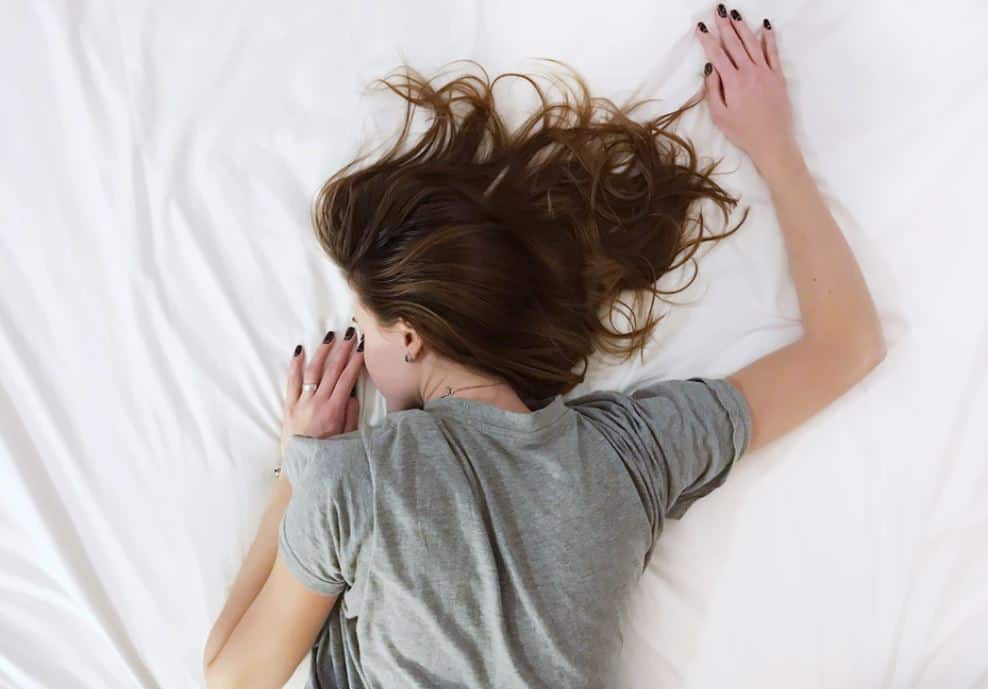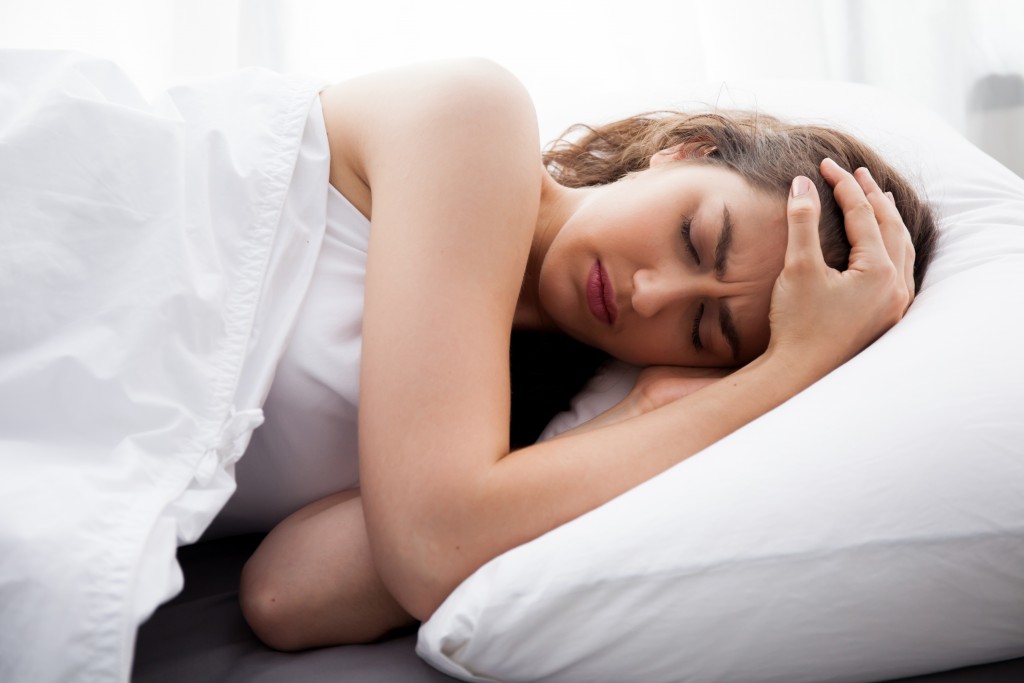When there’s no need to get up at a fixed time each day, shouldn’t we be sleeping more? This coronavirus pandemic, however, makes sleeping difficult for many people. Tossing and turning in bed at 2 AM has become the new norm for those who are forced to stay home these days.
In a survey of about 1,000 people, over 20 percent of participants have reported poorer-quality sleep this pandemic. Psychologists associate this pandemic-induced sleeping problem with the following factors.
Our survival instincts are kicking in
It is our basic survival instinct not to sleep deeply under times of stress, Dr. Meg Danforth from Duke University explained. Being a light sleeper was an advantage for our caveman ancestors. If they knew there was a tiger or bear on the prowl, they didn’t sleep deeply, so they can wake up quickly to respond.
While we don’t have tigers or bears around, we have an invisible enemy that subconsciously frightens us, Dr. Danforth added. So, if you’re not sleeping well these days, it’s merely your body’s natural response to recent threats to your life. With this knowledge, you can retrain your body to get better sleep at night.
It’s essential to create a sleep sanctuary now more than ever. The more relaxing your bedroom is, the more it becomes associated with calmness—and this can help your brain forget about imminent threats. Invest in quality pillows and beddings, keep your room cool, and avoid reading pandemic news in bed.
Abrupt changes ruin sleep patterns

Like how medications or chronic pain can alter a hospice patient’s sleep-wake patterns, sudden changes in your daily activities can ruin your natural sleep cycles. Your circadian rhythm is an internal 24-hour clock that runs in cycles between alertness and sleepiness. But that consistency goes out of the window when you no longer have to get up at five or six for the morning commute each day. That’s one of the recent observations of Dr. Melinda Jackson of Monash University.
The professional advice is to rebuild your routines. Stick to a sleeping schedule you’re used to pre-pandemic. Also, don’t take long naps in the afternoon, no matter how bored you are. Keep in mind that your goal is to be consistent with your sleeping and wake-up time to restore your circadian rhythm.
We rarely exercise these days
Exercise has always been suggested as a good alternative therapy to improve sleep quality. Now that work commutes are cut down to 40 steps, many find themselves having a sedentary lifestyle. It’s easy to overlook exercise during the pandemic when you’re too focused on working and staying sane. But an active lifestyle has several benefits not only for your physical health but also for your sleep patterns.
Exercise stimulates the release of norepinephrine and serotonin. These are neurotransmitters associated with alertness, which can keep you energized all day long and make your wake-cycle consistent. Also, when you exercise, your body releases endorphins that can help ease your anxiety. Those two benefits alone can make it easy for your body to have a restful, uninterrupted sleep at night.
Just a reminder: don’t work out right before bedtime. You don’t want your body to be too alert as you go to bed. The general rule is to stop exercising at least two hours before bedtime.
Not knowing when this pandemic will end can heighten our anxiety and put our brain in survival mode. But being mindful of these impacts can help us get a good night’s sleep as we hope for better days.




